Possible DJI Drone Ban Raises Concerns Over Security and Innovation
The future of DJI drones in the U.S. hangs in the balance as the Countering CCP Drones Act, proposed by Rep. Elise Stefanik (R-NY), gains momentum in Congress. The bill, citing national security concerns, could lead to a nationwide ban on DJI drones, affecting consumers, commercial applications, and public safety initiatives.
National Security Concerns
Supporters of the bill argue that DJI drones might be transmitting critical infrastructure data to the Chinese Communist Party. If the bill passes, it could disrupt the U.S. drone market, impacting recreational users and professionals in various fields, including Search and Rescue missions.
READ MORE: MY CONCERNS ABOUT THE DJI BAN IN THE UNITED STATES
Legislative Push and DJI’s Response
The bill has passed the House Energy and Commerce Committee and is moving through Congress. It proposes adding DJI to an FCC list under the Secure and Trusted Communications Networks Act of 2019, potentially making DJI drones inoperable in the U.S.
DJI has strongly opposed the bill. In a blog post titled “Get the Facts,” DJI denies the allegations and argues that the bill promotes xenophobia and stifles competition. DJI highlights features like Local Data Mode, which disconnects drones from the internet, as evidence of their commitment to Data Security.
READ MORE: DRONE ADVOCACY ALLIANCE: THE NEW FORCE IN PROTECTING DRONE USE AND CHOICE

DJI’s Market Dominance
DJI holds an estimated 58% market share in the global consumer drone market, thanks to affordable, user-friendly products with advanced features. DJI drones are popular for photography, videography, and commercial applications in construction, agriculture, and energy sectors. They are also vital in search and rescue operations, providing essential aerial perspectives.
Data Security Concerns
Despite their popularity, DJI drones are viewed as a security threat. Geopolitical analyst Irina Tsukerman warns that Chinese technology, including DJI drones, could be used for espionage, aiding China’s technological and military dominance.
Previous Government Actions
DJI has faced increasing scrutiny from the U.S. Government. In 2020, the Department of Commerce added DJI to its Entity List, limiting U.S. companies from exporting technology to DJI. The Department of Treasury and Department of Defense have also imposed restrictions on DJI, citing concerns over human rights abuses and military use.
Potential Impacts of a Ban
A ban on DJI drones could hinder innovation by reducing competition in the drone market. It might also make it harder for U.S. companies to access advanced Drone Technology. However, proponents of the ban, like Rep. John Moolenaar (R-MI), believe it could foster a more competitive U.S. Drone Industry, with companies like Skydio stepping up as alternatives.

DroneXL’s Take
The potential DJI drone ban highlights the ongoing tension between national security and technological innovation. While security concerns are valid, it’s crucial to consider the broader implications for the drone industry and its users.
Many search and rescue teams, fire departments, and Police departments operate on strict and limited budgets, making cost-effective solutions essential. DJI drones have become vital tools for these agencies, offering an affordable and efficient means to conduct operations. Equipped with advanced cameras and sensors, DJI drones enable teams to quickly locate missing persons, assess hazardous situations from a safe distance, and gather crucial information without putting personnel at risk. This technology not only enhances the effectiveness of their missions but also ensures the safety of their own team members.
Banning DJI drones would severely limit these agencies’ ability to perform their critical functions and protect American lives. The loss of this reliable and cost-effective technology would force many departments to revert to slower, less efficient methods, potentially endangering lives and reducing the overall effectiveness of search and rescue operations.
Promoting a competitive and secure market without a country of origin ban should be the goal, ensuring that technological advancements continue to benefit consumers and industries alike.
Discover more from DroneXL
Subscribe to get the latest posts to your email.





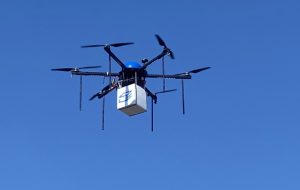


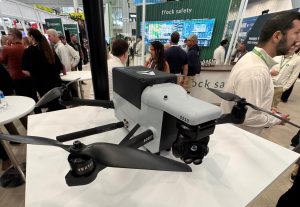





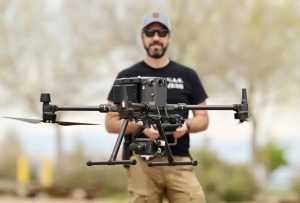
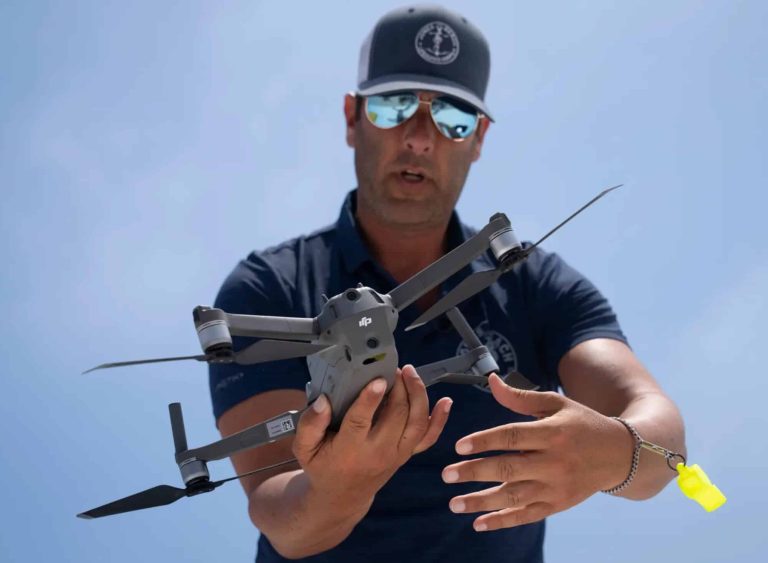

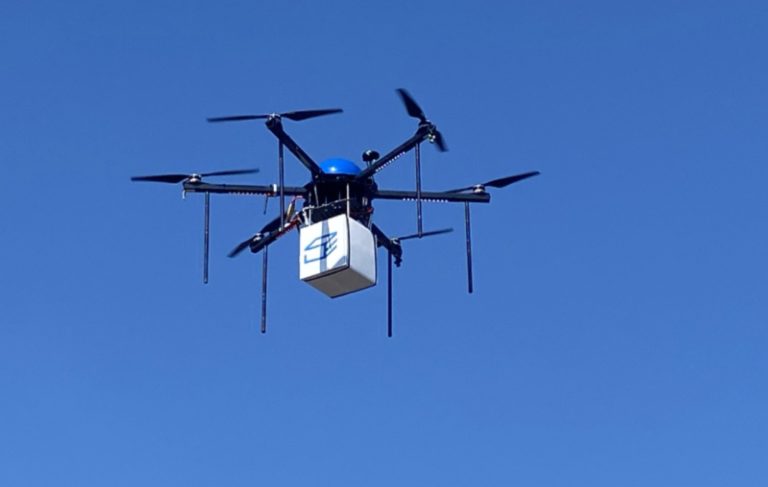


+ There are no comments
Add yours